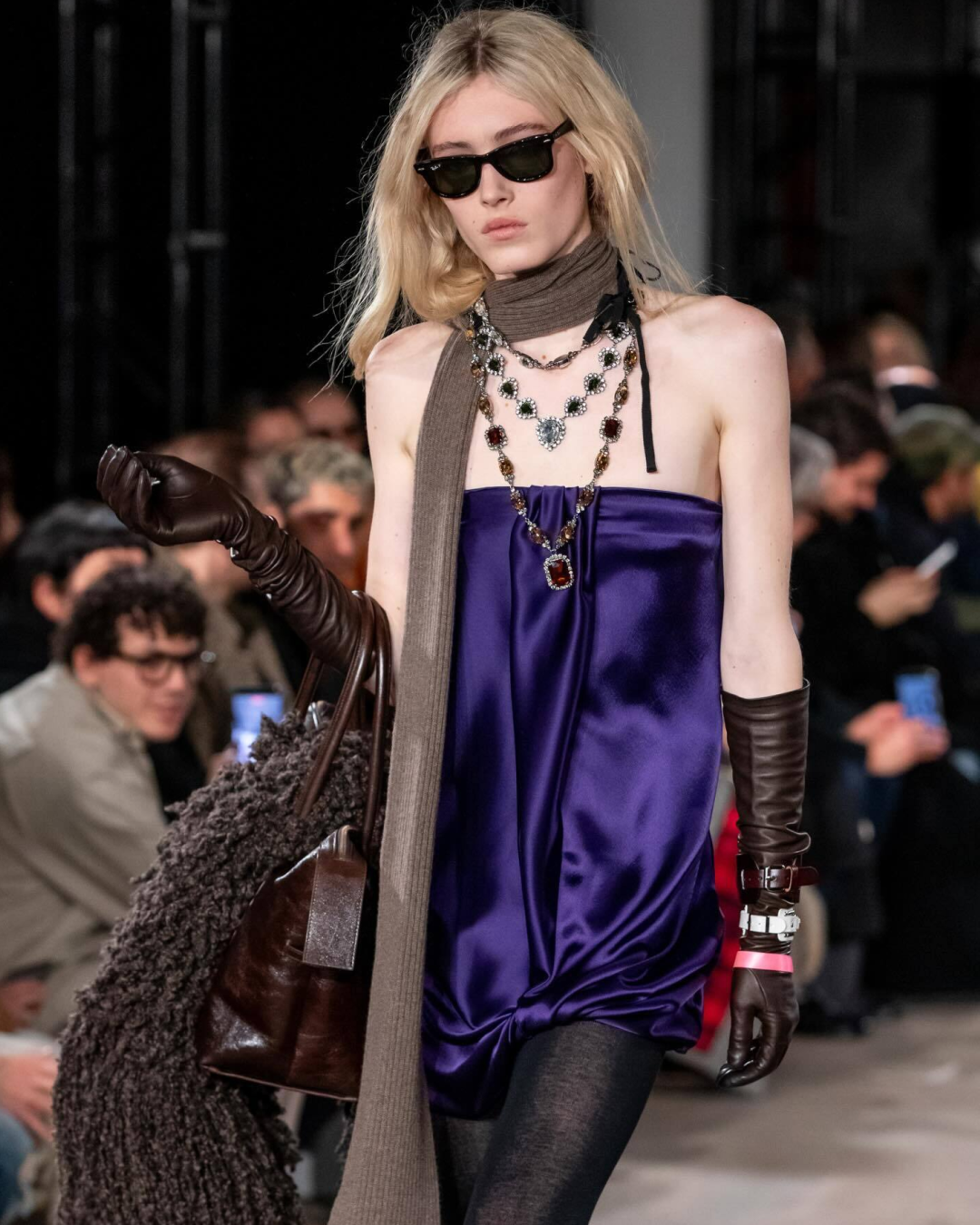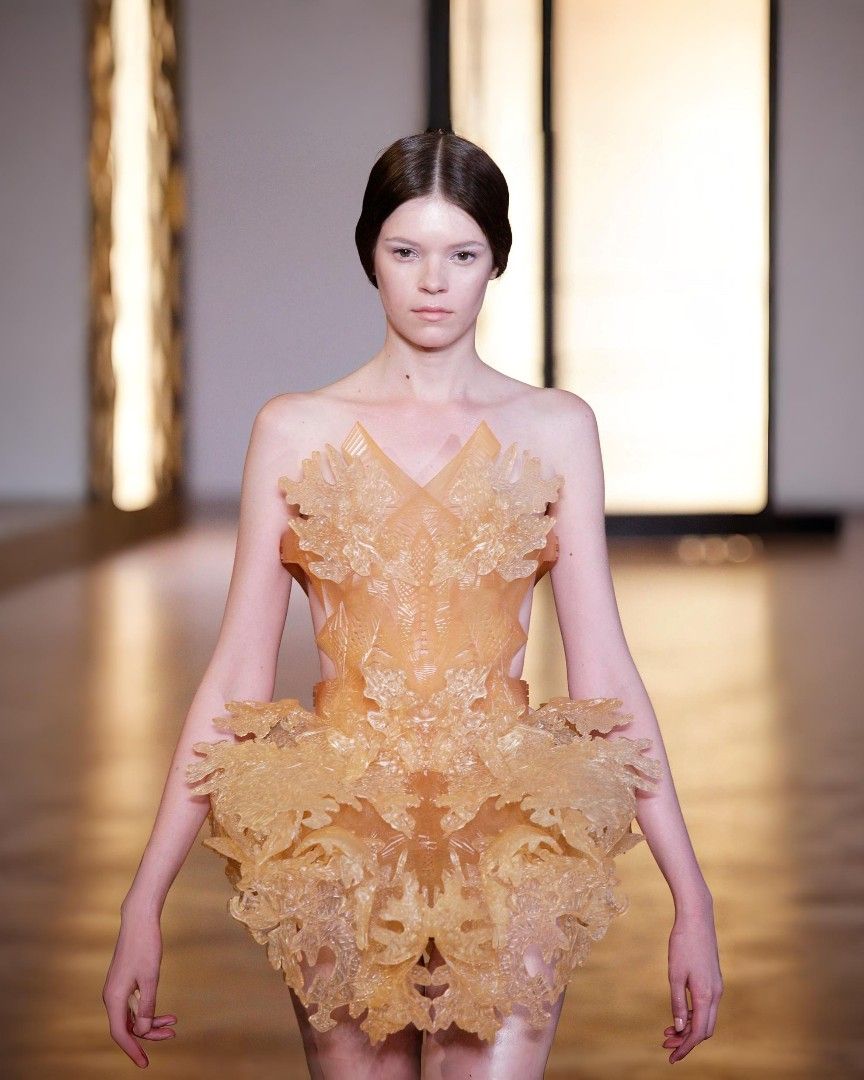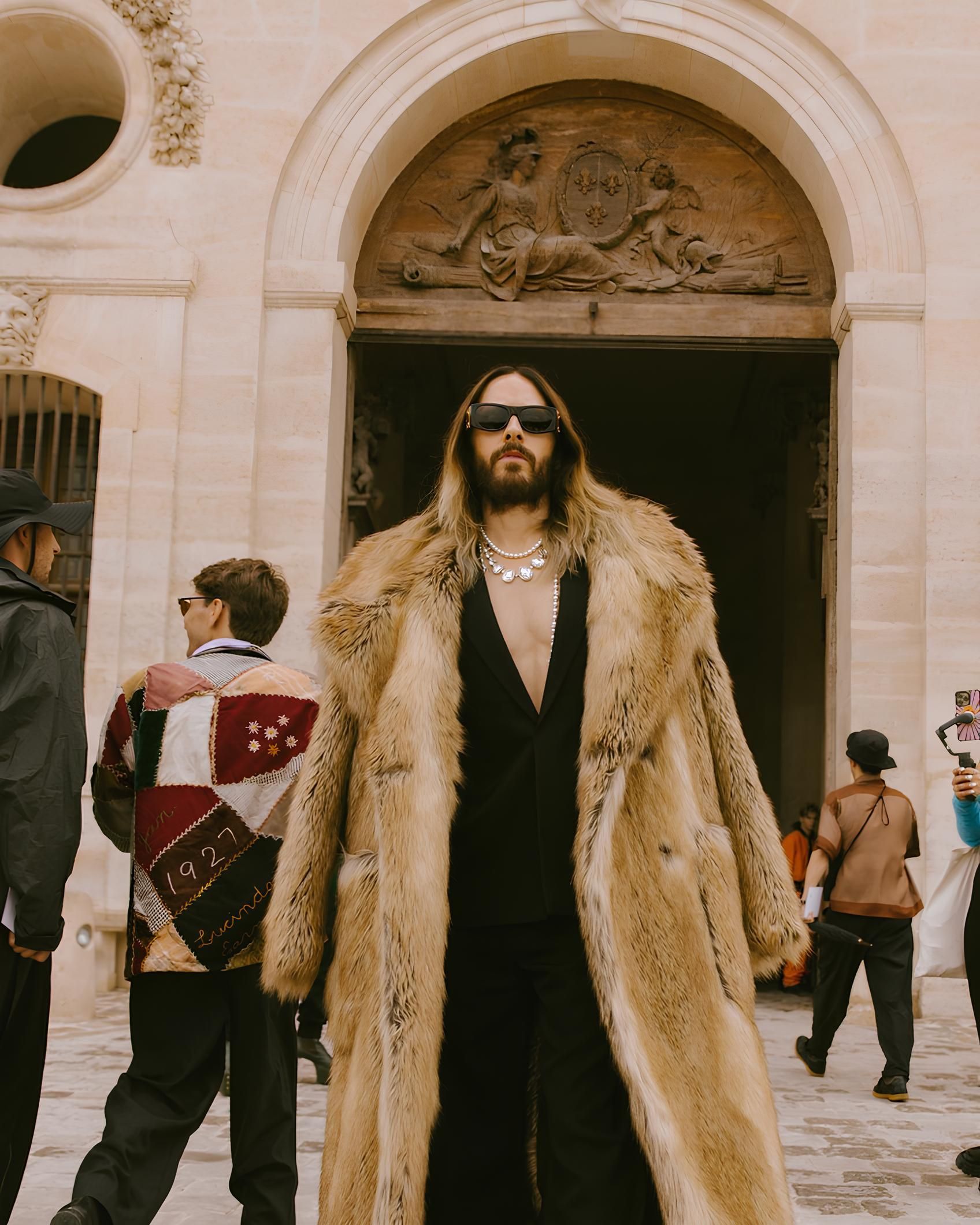
We need a copyright law for the Metaverse Nike sued StockX in the New York Federal Court
On Thursday Nike sued StockX in the New York Federal Court for stopping the sale of NFTs related to shoes with the iconic Swoosh "based on the brand's products without authorization". Non Fungible Tokens, available in limited editions (250 units), now cost up to 534 euros, 10% more than at the last auction. A product whose value fluctuates continuously and which will certainly suffer from Nike's accusations even if the product is not withdrawn from sale, but which, despite everything, maintains an element of stability to protect buyers: the NFT can be resold to other users or freely redeem it in exchange for a real pair of shoes. Nike, after having recently invested in first person in the world of digital objects of the Metaverse, filing in November the application to use Just Do It and the logo for the sale of digital sneakers and clothing and acquiring RTFKT STUDIO, a specialized start-up in December in the field of digital assets, it is now using the excuse of copyright to keep away the competition while waiting for the first virtual drop signed by the brand.
These NFTs infringe on Hermès' intellectual property and trademarks and are an example of a counterfeit product in the metaverse », removing Rothschild's tokens from the platform.
It is therefore understandable why Kostyantyn Lobov, partner of Harbottle & Lewis, a well-known London law firm, compared the NFT market to the "Wild West" in an interview with the Financial Times. Not only because the legal definition of copyright in relation to the world of tokens, fundamental for this type of asset, has not yet been regulated, paving the way for an infinite loop of complaints between brands and artists, but also because when buying a fake through blockchain you cannot get your money back or appeal to legal authorities: transactions are one-way. According to the Financial Times, crypto art and the black market of crypto-counterfeiters who exploit the gray areas of blockchain technology (as it is not recognized by banks, the Ethereum currency is not refoundable and above all digital wallets are not linked to a precise legal identity) grow simultaneously. In the absence of legal regulation in this regard, these NFTs are in all respects legit fakes - a bit like the Supreme Spain t-shirts that for years remained on the market exploiting the non-registrability of the original Supreme brand in Europe, bringing to a legal battle lasting years. Kering attorney Ewa Abrams said the counterfeiting problem was starting to become a digital and metaverse-related problem with platforms like Roblox which, while not legally required to filter their own content, said they were "committed to protection of intellectual property".

























































